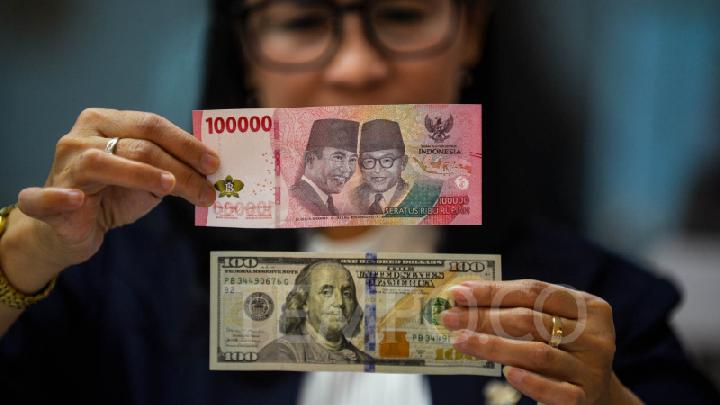Copyright tempo

TEMPO.CO, Jakarta - Economist Syafruddin Karimi from Andalas University believes that the planned redenomination is a form of the Indonesian government's failure to prioritize essential measures, such as improving national productivity in pursuit of the 8 percent economic growth target. "Indonesia does not need the illusion of stability in the form of a new denomination. Indonesia needs a meaningful growth reality for the people," said Syafruddin in a written statement on Sunday, November 9, 2025.Redenomination is the reduction or simplification of the currency value without affecting its exchange rate. The discussion about changing the name of the rupiah is outlined in Minister of Finance Regulation (PMK) No. 70/2025, which details the Ministry of Finance's strategic plan for 2025-2029.He believes that redenomination will not affect purchasing power, real income, or job creation.Syafruddin argues that the narrative suggesting that redenomination will facilitate record-keeping and accounting is never accompanied by empirical evidence demonstrating that nominal changes will increase investment or boost economic growth. He says that the promised benefits are more psychological and symbolic.In many countries, Syafruddin said that redenomination is carried out in response to urgent needs, such as hyperinflation. However, Indonesia is currently not in such a situation.Meanwhile, according to Syafruddin, redenomination requires significant costs. This is because the country has to reprint all paper money and coins. In addition, the banking system has to improve its software and record-keeping systems.The Economics Department lecturer stated that in a globally uncertain situation, Indonesia should not waste political and fiscal energy on matters that do not directly add value. If the government wants to strengthen the rupiah, then economic fundamentals must be strengthened. This can be achieved through controlling inflation, strengthening the trade balance, and carefully managing debt.Syafruddin suggested that the government improve the total factor productivity in order to boost economic growth. "National productivity will not improve just because the figures on the currency are tidied up. What is needed is bureaucratic efficiency, legal certainty, and policies that encourage business players to grow," he said.The redenomination plan is stipulated in the Minister of Finance Regulation (PMK) Number 70 of 2025 concerning the Strategic Plan of the Ministry of Finance for 2025-2029. The PMK was officially promulgated on November 3, 2025, and signed by Finance Minister Purbaya Yudhi Sadewa."The Bill on Rupiah Exchange Rate Change (Redenomination) is a proposed bill that is expected to be completed in 2027," as quoted from the PMK document on Friday, November 7, 2025. Based on this regulation, four urgencies for the formation of the Bill are explained.First, economic efficiency can be achieved through enhancing national competitiveness. Second, to maintain the continuity of national economic development. Next is the goal of maintaining the purchasing power of the people, which is a manifestation of the stability of the rupiah's value. Finally, to enhance the credibility of the rupiah.Editor's Choice: Gold Prices Projected to Hit Rp2.39 Million per Gram Next WeekClick here to get the latest news updates from Tempo on Google News



